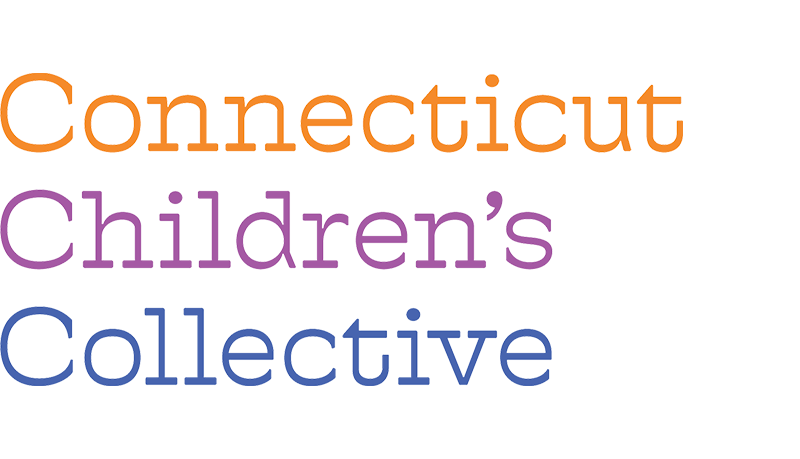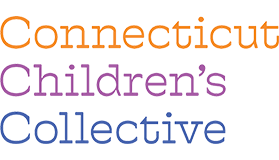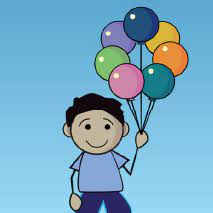Learn How LENA is Giving Children Words
Back in the day children were meant to be seen but never heard, and they were instructed to never speak unless spoken to. Wow, have times changed! It’s fairly common knowledge among professionals in the early childhood field how rapidly a baby and toddler’s brain develops. In fact, the ease and ability with which a child will learn throughout their entire lifetime is determined in the first five years of life.
COVID-19 has clearly shown us the gaps and inequities within our society. One of those gaps is high-quality, affordable, and sustainable childcare. As the industry has strengthened its advocacy efforts, more and more parents, caregivers, businesses, and communities are becoming aware of the importance of our children’s early years, and how integral they are to a successful life.
Aside from giving a baby shelter and warmth, clothes and food– and of course love– parents and caregivers are learning how to best help their developing baby’s brain. One of the most important things they can do, from the beginning, is to talk to their baby! Talk all day long to their baby. This is called narration; while they go about fixing a bottle or changing a diaper or walking from the living room into the kitchen, they can ask their baby questions and tell them specifically what they are doing. The more parents and caregivers talk to their baby, the more the baby will begin to respond, and soon they will be having a conversation of sorts! This simple interaction causes synapses in the baby’s brain to spark and multiply, providing pathways in the brain that will give their child the ability to learn successfully throughout their lifetime.
LENA describes this as Conversational Turns, “a simple thing — just a back-and-forth interaction between an adult and a young child. It’s also an important building block. A growing body of peer-reviewed research has used LENA technology to show how big an impact conversational turns can have on a child’s life. What kind of impact? Conversational turns have been linked to brain structure and function, reading skills, IQ scores, socioemotional development, and executive functioning and reasoning scores.”
Talking to a child leads to more words spoken, and more words spoken leads to greater literacy skills. And this is why LENA does what it does– it wants all parents and caregivers to know the importance of talking to their children, so that all children will have a successful lifetime of learning.
LENA also offers lots of technology in the effort to increase spoken words. “Some people call it a “talk pedometer.” Others simply call it “The LENA.” Thousands of children, parents, and teachers have benefited from it. LENA technology delivers reliable, powerful feedback on how much caregivers are talking with infants, toddlers, and preschool students. With a complete picture of where we are, we can work together to get where we’re going: optimal brain development in the earliest years so that all children enter kindergarten prepared for success.”
Are you interested in learning more about LENA? It is being used by various programs and agencies throughout Connecticut. This is what Caitlyn Stafford, Business Development Operations Manager has to say about LENA, “We’re seeing more and more evidence of how big an impact LENA Grow can have for early childhood educators and the children they teach. We have some amazing program partners in Connecticut and we’re excited about bringing LENA to more communities across the state!”
Below are resources designed to better inform you– check them out!
A fact sheet about LENA in Connecticut
LENA Grow Overview and Impact report
Information about applying for LENA Grow Launch Funds for new LENA partners





